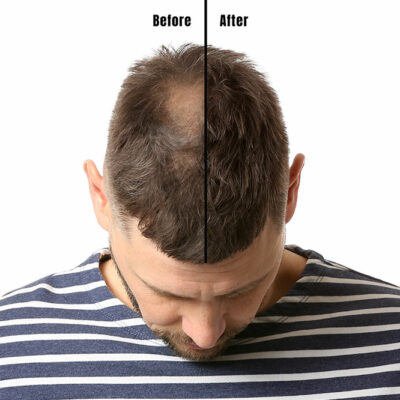
6 Effects of Sleep Apnea on the Body
Sleep apnea is a condition wherein your breathing repeatedly pauses in the middle of your sleep. During this time, your body will wake you up from slumber to continue breathing. These multiple interruptions do not let you sleep well. Consequently, you feel extra tired throughout the day.
The effects of sleep apnea on the body go beyond making you feel sleepy. If left untreated, it can result in severe conditions.
1. High blood pressure
Sleep apnea will aggravate high blood pressure (BP). If sleep apnea is waking you up multiple times in a day, your body is stressed. It can put the hormone system into overdrive. This can heighten your blood pressure levels. Consequently, the oxygen in the blood goes down, making it hard for you to breathe, aggravating the condition.
In this case, treatment can make a considerable difference. At times, people with high BP who seek help for sleep apnea will see an improvement in their blood pressure levels. The doctor may even cut back on BP medications. However, do not make any changes in the dosage without consulting the doctor.
2. Daytime fatigue
The frequent waking up caused by sleep apnea can make standard, restorative sleep challenging. This may result in fatigue, drowsiness, and irritability. It might even make it hard for you to concentrate and make you feel drowsy during work while driving or watching your TV show. Moreover, studies suggest that people with sleep apnea are more susceptible to workplace and motor vehicle accidents. It may also leave you feeling depressed, moody, and quick-tempered. Adolescents and children with sleep apnea may also show poor performance in school. Some children may even show behavioral problems.
3. Heart disease
People with obstructive sleep apnea are susceptible to heart attacks, resulting in low oxygen. Atrial fibrillation and strokes are also associated with this condition. Sleep apnea hampers how the body takes in oxygen. This can make it challenging for the brain to control how the blood flows in the brain and the arteries.
4. Type 2 diabetes
When you have sleep apnea, it heightens your risk of type 2 diabetes and insulin resistance.
5. Liver problems
There is a greater risk of abnormal results in liver function tests in people with sleep apnea. Moreover, the liver is more susceptible to showing signs of scarring.
6. Weight gain
Another common effect of sleep apnea on the body is weight gain. The problem is that sleep apnea makes you put on weight, and losing these calories can be a big challenge. Your weight may lead to fat deposits in the back. This can hinder breathing at night time. Moreover, sleep apnea triggers the release of the ghrelin hormone, making you crave sweets and carbs more.


